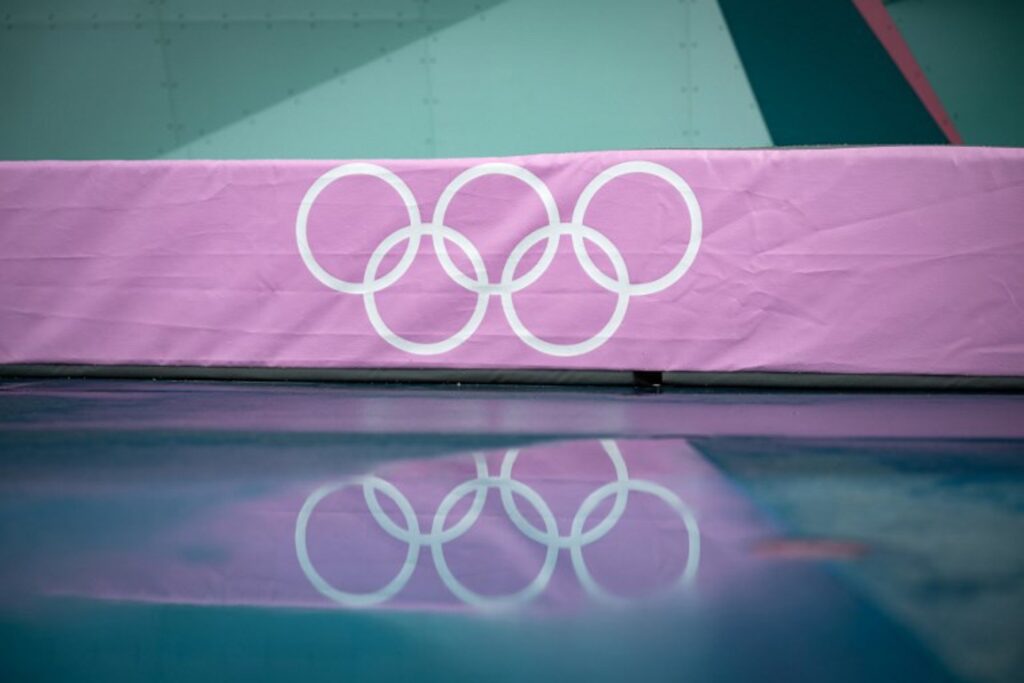Eight anti-doping testers from the University of Ghent (UGent) doping control lab are headed to the Paris Olympics.
The academics will be required to analyse 10,000 samples from Olympic athletes over the course of a month. The Paris lab, whose operation they will be supporting, will also deploy an additional 50 researchers, including the eight from the Ghent-based DoCoLab.
Under ordinary circumstances, the Paris lab analyses around 20,000 samples annually. However, during the Olympics, this number escalates to 10,000 in just under a month. The reporting period, typically spanning 20 days, is reduced to 24 to 36 hours. "No lab is equipped for these quantities and this intensity," came the statement on Wednesday.
DoCoLab ranks among the top five global doping laboratories. The World Anti-Doping Agency (WADA) has, at some point, suspended two-thirds of the 30 labs globally. "We have never been suspended," says Peter Van Eenoo, who leads the lab. Despite the high quality and increased capacity during the Games, the likelihood of catching dopers remains relatively low.
"Annually, about 250,000 samples are taken internationally across all sports," it was revealed. "In equestrian sports, this figure rises to 800,000 samples. However, the chance of catching dopers in human sports is incredibly low. Two out of every three Olympic athletes were not tested in the year leading up to the Games."
The Olympic Games will commence in Paris late next month.

